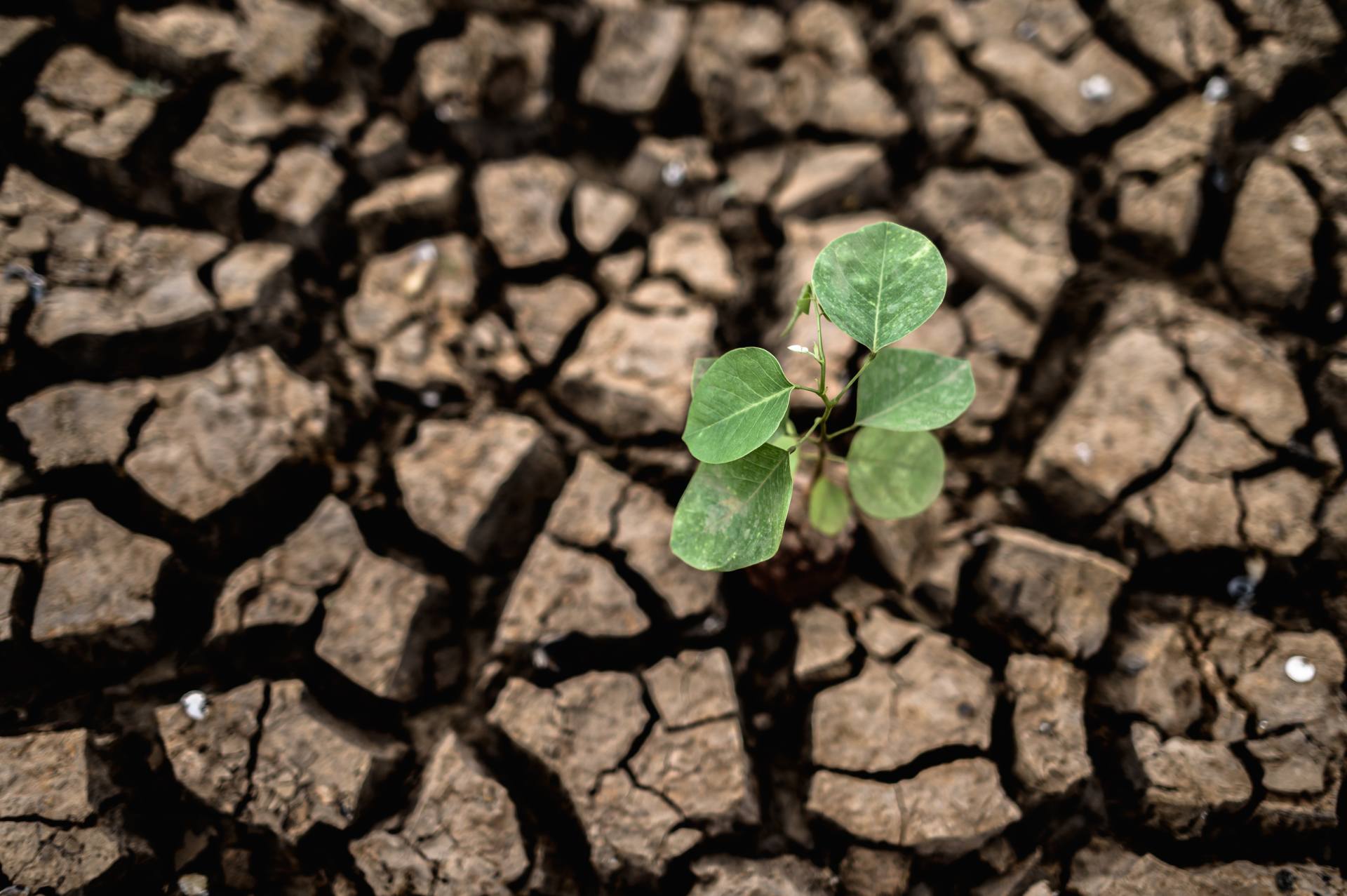Have You Heard? Climate Change Is Your Best Bet To Grow

Any problem worth having a business model around it gets fixed easily. Climate change isn’t one of them. Climate change is happening under the garb of what appears like green commitment. Most of it is, ironically, greenwashing. We've grown accustomed to an unsustainable way of life. It's a habit we've developed over several decades, and it's not easy to abandon. That’s why when it comes to climate change, we listen one thing, speak another, think tangential, and do exactly opposite. We have put sunglasses to the heat of reality. And, because all the Sustainable Development Goals (SDGs) are intertwined in some manner, blinding one of them acts as a blanket cover for the rest.
The enormity of the sustainable development goals and the problem at large make sustainability and climate change a business imperative and not just another CSR initiative. What makes the SDGs, sustainability, and climate change unfit for the CSR tag is their potential to become one of the biggest businesses. Why are we still so far from attaining the goals, one might wonder, if sustainability and its allies have such considerable economic potential? While it’s an area with zero entry barriers, the barrier to success is pretty high. It runs on the fuel of investment and innovation; capital and time investment, as well as process and thought innovation. As long as we don't recognise how interdependent humans and nature are, all these investments and innovations won't be enough. We have long forgotten this symbiotic interdependence in our pursuit of fast monetary benefits.
"Ironically, individuals are reluctant to convert to more environmentally friendly options since adopting a sustainable lifestyle has become too expensive in the absence of a green premium."
The aftermath of this reluctance to change and the pursuit of monetary benefits will drive penalties like extreme weather conditions, geopolitical unrest due to exodus of people in search of better avenues, pressure on urban infrastructure, slowing down of the supply chain etc. Although these penalties appear to be of a qualitative character, they are not. These have a numeric impact that is far greater than any wallet or balance sheet can handle. Although deterrents like carbon taxes may appear to be market regulation initiatives, they do not stop environmental damage. Because of this, adherence to SDGs is considerably more important than just ESGs; making it a business imperative than just CSR initiative.
The accomplishment of sustainable development goals depends on our capacity to inspire people and society to take specific activities. One such initiative to inspire motivation is the save soil campaign by Sadhguru. Either a carrot-based (reward) approach or a stick-based (punishment) approach can be used. Even neuroscience asserts that the reward-based method performs better than punishment when it comes to fostering motivation. Although the stick can get the job done, it cannot inspire someone. The operation of a carbon tax, carbon offset, and green premium is same. Implementing a carbon price is more of a punitive measure, whereas funding any of the 169 SDG sub-goals or carbon offsets is rewarding.
Reward-based approaches are crucial to preventing the negative effects of punishment-based approaches, such as societal unrest and mass migration. The current civilization is caught between two opposing forces: on the one hand, our comfort with an unsustainable way of life, and on the other, our obligation to consume resources for which there are no more environmentally friendly alternatives. By using later, production is unbounded. If manufacturing doesn't stop, the government will penalise producing companies with a carbon tax. Consumers frequently pay the price for the penalty in higher prices. That indicates that consumers are once more most at risk of punishment. Social discontent, migration to tax havens, strain on finite resources, restriction of labour mobility, and a host of other effects could result from this.
The strategies that countries use, the rules that are followed, the laws that governments put in place, the steps that companies take, and the expanding rural-urban divide may lead to the emergence of new opportunities and even new businesses. The immediate gains of the early adopters will entice others to follow suit. Everyone will eventually fall into the same vicious cycle, putting unneeded strain on resources in the near future. Consequently, it's crucial to establish a system that completely prohibits this through reward-based mechanisms rather than punishment-based ones.
Does that imply that we have failed as a people, a society, and a country? Does that imply that the sustainable development objectives have no chance of being met? Does that mean climate change can’t be stopped or reversed? The answer can appear to be "yes" in a particular way, but it isn't entirely accurate. Only if we operate in an inclusive manner will we have any chance. As long as we do not trade the "stick" for a "carrot," our chances will decrease. If we continue to put more money into manmade solutions than into natural ones to address issues like carbon emissions, we will eventually fail. Only if we fail to see how interdependent humans, nature, and biodiversity are on one another will we run out of time.
It is crucial to mark accountability during this transformation that we are going through. Motivating people to awaken their dormant human consciousness is urgently needed. One such initiative to build a #BetterPlanetTogether is FloCard.
FloCard is the result of years of trial and error and evolution. It's a one-click initiative designed to help people, groups, organisations, governments, and companies align with sustainable development goals. The finest thing you could do in the next sixty seconds is to make your FloCard and join the collective effort. The core mission of FloCard is to develop and scale up natural measures to achieve the SDGs.